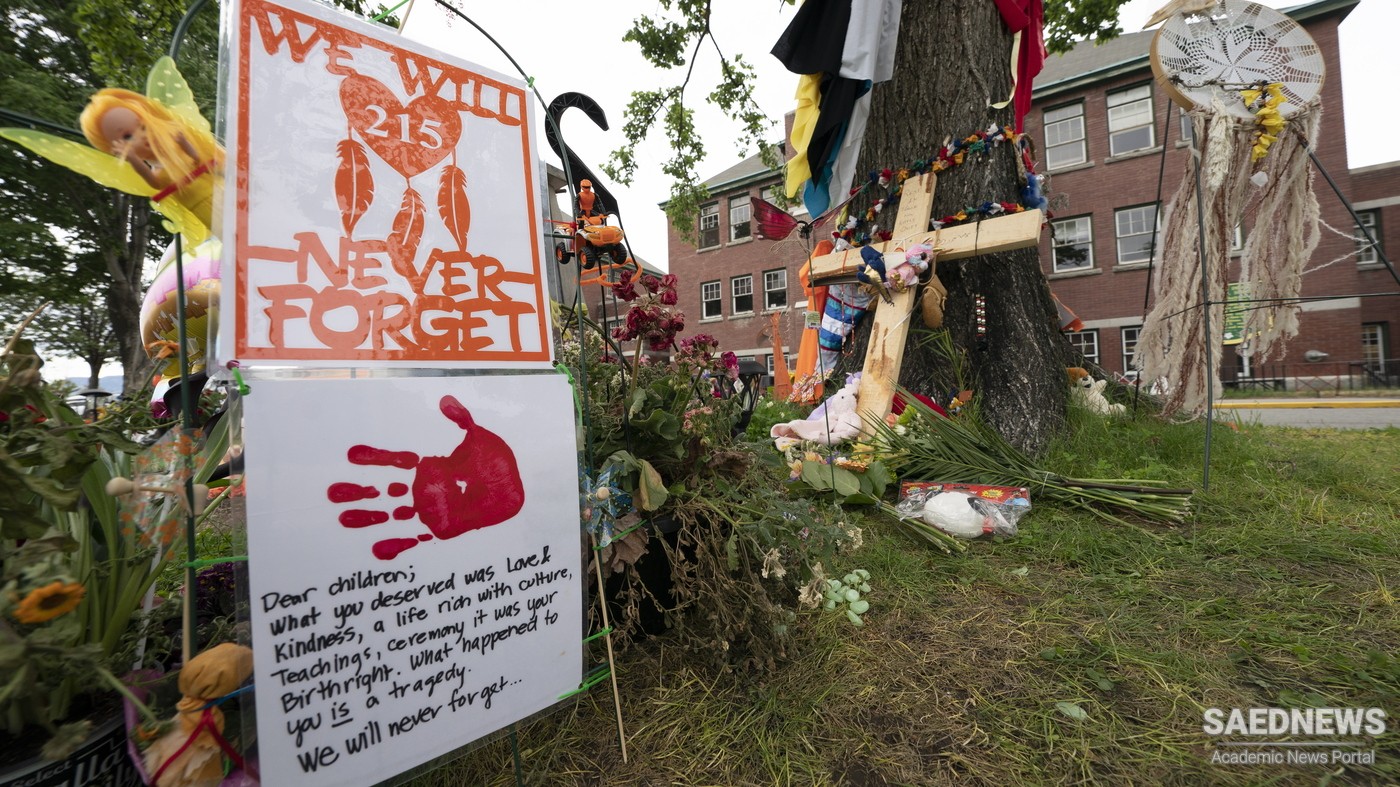This is while, finding these mass graves is one of the most heinous crimes in history. After discovering the third mass grave of kids including 182 dead bodies, the number of murdered children surpassed one thousand.
The international community’s silence and inaction against violation of the rights indigenous children and this disastrous and unprecedented genocide is a real surprise.
Just to evade responsibility, Canadian Prime Minister, Justin Trudeau urged the Pope to apologize on Canadian soil.
No resolution has so far been approved to hold Canada responsible for this disaster.
Despite the fact that Truth and Reconciliation Commission in Canada has been in place since 2007 to investigate boarding schools, and based on its final report, the Canadian government has been committed to re-establishing ties with indigenous groups, but the discovery of new graves makes Canada take more serious action to compensate these crimes.
The International Covenant on Civil and Political Rights in its second article emphasizes that each State Party to the present Covenant undertakes to respect and to ensure to all individuals within its territory and subject to its jurisdiction the rights recognized in the present Covenant, without distinction of any kind, such as race, colour, sex, language, religion, political affiliation, national or social origins, property, birth or other characteristics.
In its 27th article, it says “In those States in which ethnic, religious or linguistic minorities exist, persons belonging to such minorities shall not be denied the right, in community with the other members of their group, to enjoy their own culture, to profess and practise their own religion, or to use their own language” (Source: IRNA).


 Diplomat terms development amid US illegal unilateral coercive measures as decorative slogan
Diplomat terms development amid US illegal unilateral coercive measures as decorative slogan














































